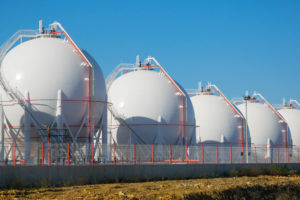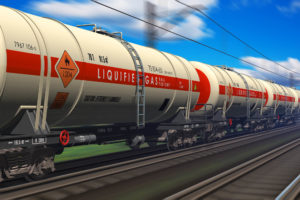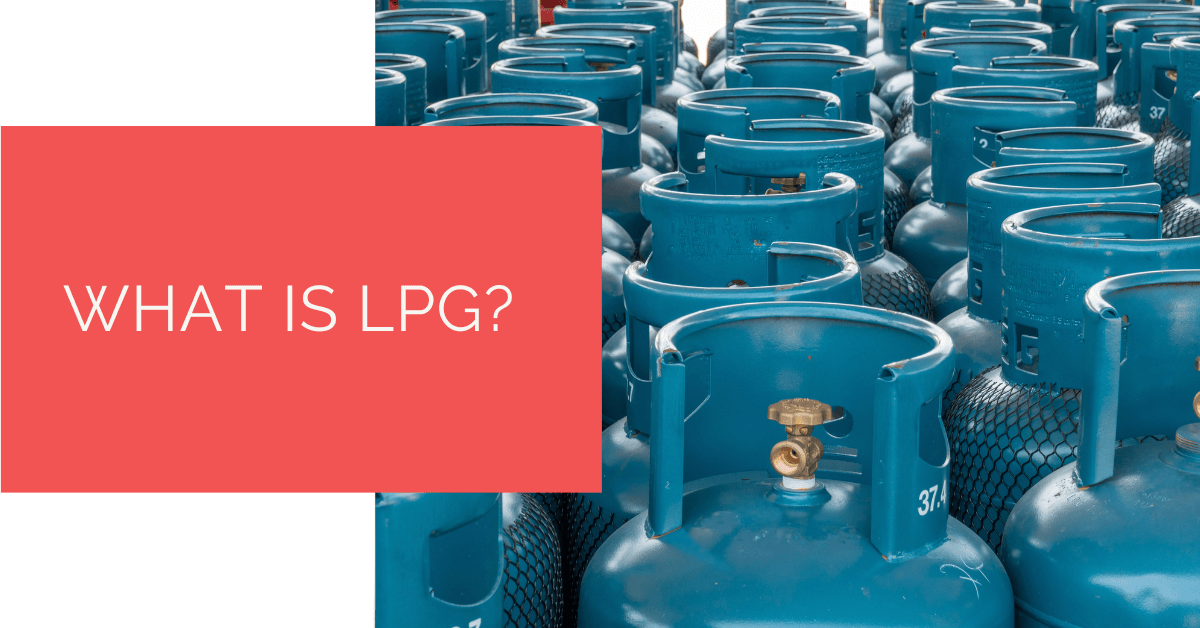Any central heating system will require an element that allows the device to perform efficiently. For example, some utilise conventional sources like fossil fuel, while other equipment can work with solar or thermal energy. In the same arena, you will find LPG-fuelled
systems called “wet” boilers.
Now, you might wonder what LPG is!
According to the UK government’s HSE protocols, LPG is a fuel used for heat and cooking. In some cases, this can be useful for industrial applications like refrigeration, as a propellant, and in vehicles.
Usually, you obtain this element at its fuel grade by mixing gases like propane C3H8 with butane C4H10 or refining one of these gases. Intrigued? Read on to know more!
Contents
Key Takeaways
- LPG, or Liquefied Petroleum Gas, is a clean and versatile fuel used for heating, cooking, industrial applications, and as a vehicle propellant. It emits significantly less carbon dioxide and is a popular choice for homes and businesses.
- LPG is colourless, odourless, highly flammable, and pressurized into a liquid form for efficient storage and use. While it has various benefits, it also poses specific safety hazards, and the UK government has safety regulations.
- Choosing LPG offers benefits such as being a cleaner and cost-effective energy source, easy transport in its liquid form, high heating value, reliability, suitability for rural or off-grid areas, reduced emissions, and long-lasting tanks, making it a versatile and environmentally safe option.
All About Gas and LPG
Everyone refers to this fuel as LPG, but did you know it is just another abbreviation? Well, technically, the actual name is – Liquefied Petroleum Gas, where a mixture of carbon and hydrogen atoms creates a chemical reaction.
People use this liquid gas mainly because it emits less than 33% of carbon dioxide. LPG will be the best option if you want to go off-grid in the UK. Why? That is because you will find this to be a minimum carbon conventional element.
Besides, it has become a favourable choice for most homes and businesses.
In some parts of the country, it is referred to as propane and butane gas, whereas in others, people call it Autogas. Moreover, it comes as a by-product of refining crude oil and processing various natural gas liquids.
Traditionally, people used to burn it off and waste LPG. However, now it has become a versatile and productive low-carbon fuel.
Did you know that LPG is not precisely a liquid gas but more like a clear gas? The gas form gets stored in cylinders called LPG tanks. Consequently, once subjected to pressure, it turns liquid which is a good characteristic for vehicles to operate.

Is LPG Safe?
The unique part about LPG is its colourlessness and oudorlessness. At the same time, it is highly flammable due to the use of propane gas with butane gas. It gets pressurised into a liquid form when stored, making it highly efficient.
In turn, it becomes an excellent alternative to petrol or diesel and even natural gasses. There are still some specific hazards that accompany LPG:
- It can leak out as a gas/liquid and gets evaporated into a cloud
- The vapours can travel and gather along the ground due to the heaviness
- When the gas meets an ignition, it can explode
- LPG cylinders can explode if it touches fire
- The element can cause cold burns to your skin
- If inhaled in high concentration, it can cause asphyxiation
That being said, the UK government has already placed safety notions for everything related to LPG. For example, there are specific codes of practice that helps monitor the appropriate standardisation of this gas.
Precautions and Safety Tips for Your Home
As mentioned earlier, LPG is a principal element used for cooking. Even if the government has put forward multiple safety precautions, there are certain safety measures that you can take:
- Keep everything adequately ventilated when using LPG for cooking
- Try not to place any flammable products near the LPG flame
- Wear cotton clothes and never leave the cooking unattended
Once you are done exploring your culinary skills, do not forget to turn off the regulator. Remember that LPG can dissolve plastic or lubricants even though it has a non-corrosive feature.
Fun Fact: The boiling point of propane-dominated LPG is around 42oC.

Benefits of Using LPG – Why Should You Choose LPG?
Any LPG gas stored in gas bottles will have hydrogen and carbon atoms, making it a clean energy source. Technically, you automatically get LPG when you produce methane through a refining process. Hence, making it suitable for various uses like cooking, driving, and more.
There can be various motivating factors to choose LPG over anything else. Some of these advantages include:
- It is a cleaner source of energy that is cost-effective and future-proof
- In its liquid form, LPG is primarily easy to transport
- The heating value is higher, which makes it easier for heating purposes
- LPG can burn consistently, which ensures reliability
- It can be the perfect option for rural or off-grid homes
- You get to access 50% and 90% less smog and carbon monoxide, respectively
- There is a strong odorant added to LPG for proper detection
- LPG tanks can last for over 30 years
Along with these, the best benefit would be the energy sources LPG produces. For example, you can use it as a homeowner for cooking or creating hot water. At the same time, hospitals and urban developers can use it to heat the property. At the same time, car enthusiasts use it as a transport fuel.
Heat Pump Source: Reliable Heating and Cooling Solutions
At Heat Pump Source, we take pride in our unwavering commitment to serving the UK with top-tier HVAC solutions. From the efficiency of heat pumps and the cool relief of air conditioning to the warmth of boilers, radiators, and underfloor heating, our dedicated team is always at the forefront of innovation. We understand the unique needs of every household and business, and we strive to provide dependable health and cooling products and services that are tailored just for you. Ensuring your comfort and satisfaction is our utmost priority. Whether you have questions, need guidance, or require support, we’re always here to assist. Please don’t hesitate to contact us; we’re eager to be of service.
The Bottom Line
As you can see, LPG is an excellent alternative to traditional and harmful gases. Not only are these natural gas liquids sustainable and cost-effective, but they are also environmentally safe.
LPG stands for Liquefied Petroleum Gas created from pressurised carbon and hydrogen atoms. Hence, it will either have propane and butane gases or any of the two. Besides, this liquid gas is the perfect alternative to other fossil fuels and coal used for cooking or heating.
For example, you can use it to heat your home and power your vehicle. However, specific precautionary measures must be followed while dealing with an LPG tank. Besides, the UK government has already placed strict rules for this.
Indeed, the versatility, safety, and cost-effectiveness of LPG remain unparalleled.
About the Author
At Heat Pump Source, our articles are the product of a collaborative effort among a team of highly skilled HVAC experts. Our dedicated professionals, hailing from diverse backgrounds in heating, ventilation, air conditioning, and refrigeration, contribute their extensive knowledge and experience to every piece of content. This multidisciplinary approach ensures comprehensive coverage. Our commitment is to deliver authoritative, reliable, and tailored advice to meet the unique needs of every household and business across the UK.

